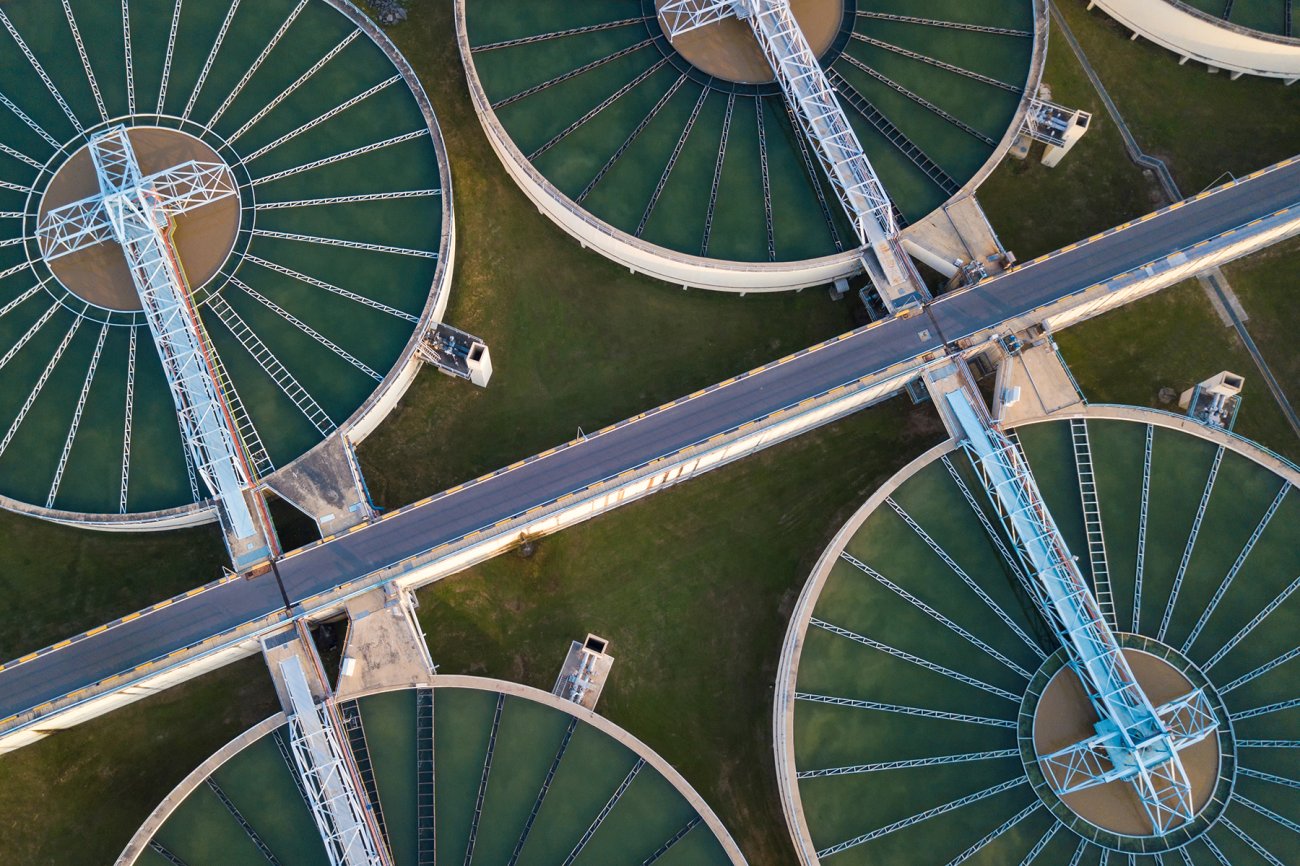The Ultimate Guide To Reclaim Waste
The Ultimate Guide To Reclaim Waste
Blog Article
8 Easy Facts About Reclaim Waste Explained
Table of ContentsExcitement About Reclaim WasteAn Unbiased View of Reclaim WasteThe Buzz on Reclaim Waste5 Easy Facts About Reclaim Waste Described5 Easy Facts About Reclaim Waste Described
Check out the types, events, and types of liquid waste. Residential sewage waste describes the waste and items from a household septic system. This kind of waste is produced by humans in residences, institutions, and other structures. This only includes septic systems that have a drain field. The proper administration and disposal of domestic sewer waste call for liquid waste to be moved to a sewage treatment plant where the appropriate methods and equipment are used to purify and throw away waste.
Business waste typically includes prospective threats, such as flammable products or a mix of fluid and solid waste items, and requires an advanced and detailed disposal process. The disposal of industrial waste normally involves the filtering of waste before transportation to make certain safe and appropriate disposal. Industrial waste is created from by-products and drainage of industrial processes and production.
This sort of waste can not use the same sewage monitoring transportation or processes as septic or industrial fluids. The commercial waste monitoring procedure calls for the evaluation and testing of fluid waste prior to it undergoes the disposal procedure (industrial wastewater treatment). Drainage waste is the fluid waste that comes from overflow and excess stormwater in extremely booming locations or cities
Overflow waste can trigger contamination and flooding if not handled effectively. Discover more regarding drain cleansing and waste monitoring. Making sure correct waste monitoring can prevent catastrophes and decrease environmental harm. Both people in household setups and professionals in commercial or manufacturing sectors can benefit from understanding the procedures and laws of fluid waste monitoring.
The 25-Second Trick For Reclaim Waste
Contact PROS Solutions today to discover our waste administration and disposal services and the correct ways to look after the fluid waste you create.
(https://giphy.com/channel/reclaimwaste1)Do you know what happens to your water when you disengage, purge the toilet or drain the washing equipment? No? Well, it's worth recognizing. This so-called 'wastewater' is not just an essential resource yet, after treatment, will certainly be released to our land, rivers or the ocean. Made use of water from toilets, showers, bathrooms, kitchen sinks, washings and industrial procedures is referred to as wastewater.

water made use of to cool equipment or tidy plant and equipment). Stormwater, a form of wastewater, is runoff that flows from farming and metropolitan locations such as roofing systems, parks, yards, roads, courses and seamless gutters right into stormwater drains, after rain. Stormwater streams untreated directly to neighborhood creeks or rivers, at some point getting to look at more info the sea.
The Best Guide To Reclaim Waste
In Queensland, most wastewater is dealt with at sewage treatment plants. Wastewater is moved from domestic or commercial sites through a system of drains and pump stations, understood as sewage reticulation, to a sewage treatment plant.
The Department of Natural Resources encourages city governments concerning handling, operating and keeping sewage systems and therapy plants. In unsewered locations, city governments might require homeowners to install individual or house sewer therapy systems to treat domestic wastewater from bathrooms, kitchen areas, bathrooms and laundries. The Division of Natural Resources authorizes the usage of family systems when they are verified to be effective.
Many stormwater gets no therapy. In some new class, therapy of some stormwater to get rid of clutter, sand and crushed rock has started using gross toxin traps. Wastewater treatment occurs in four phases: Eliminates solid issue. Larger solids, such as plastics and various other items incorrectly released to drains, are gotten rid of when wastewater is gone through screens.
Utilizes tiny living microorganisms knows as micro-organisms to break down and get rid of continuing to be dissolved wastes and great fragments. Micro-organisms and wastes are integrated in the sludge.
The Single Strategy To Use For Reclaim Waste
Nutrient removal is not readily available at all sewer treatment plants since it requires costly specialised devices. Clear liquid effluent generated after therapy might still include disease-causing micro-organisms - liquid waste removal melbourne.

Many wastewater streams right into the sewage system. Under the Act, local federal governments provide authorizations and permits for ecologically pertinent tasks (Periods) including wastewater launches that might have a local effect.
The Best Strategy To Use For Reclaim Waste
Tracking supplies accurate details about water high quality and can validate that permit conditions are being fulfilled. The information gotten with monitoring gives the basis for making water high quality choices.
Report this page